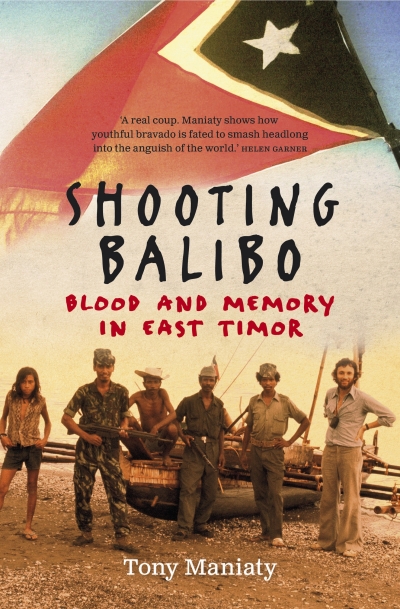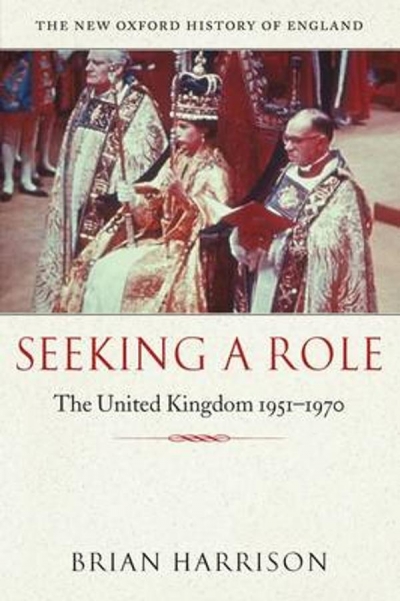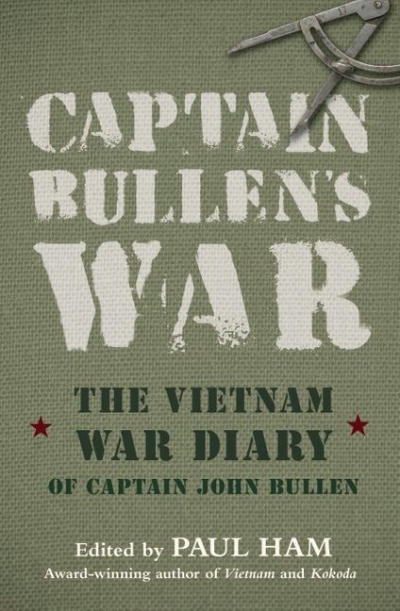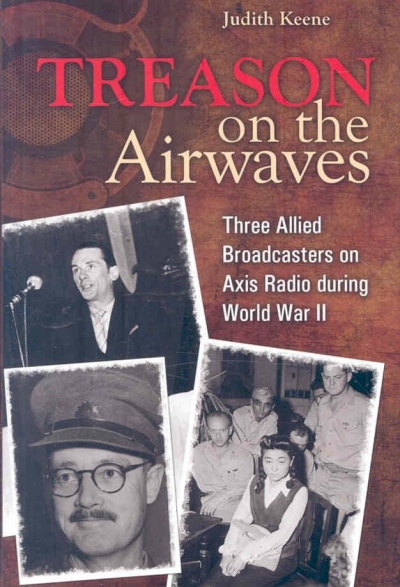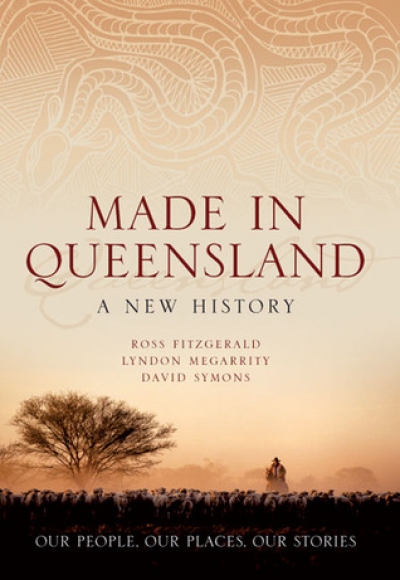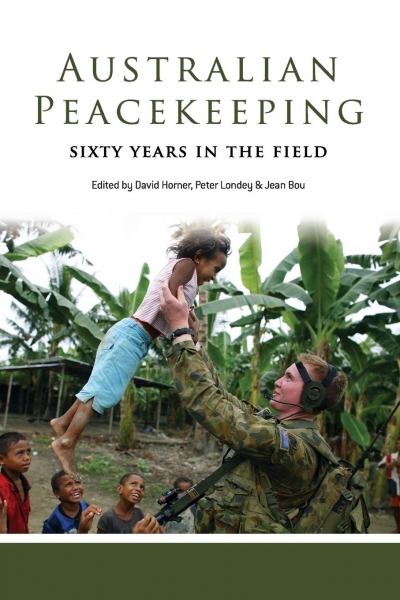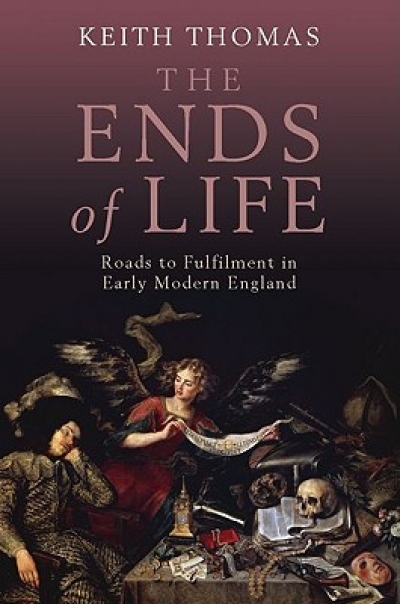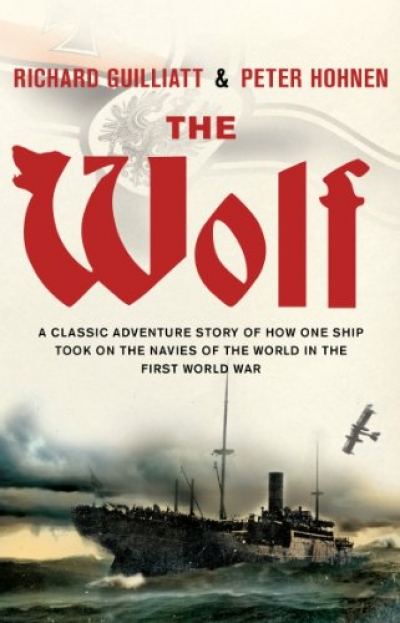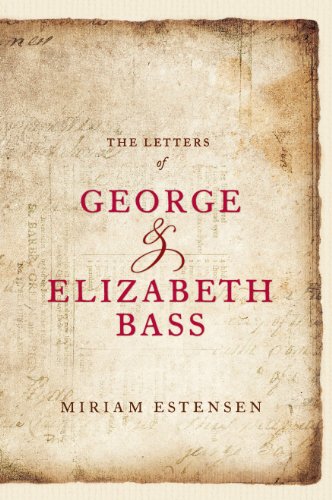History
Shooting Balibo: Blood and memory in East Timor by Tony Maniaty
Thirty-four years after the former colony of Portuguese Timor experienced the horrors of invasion by the Indonesian army, the story of the killing of the five television journalists known as the Balibo Five – a persistent subtext of that history – has found new life in the forthcoming feature film Balibo, directed by Arenafilm’s Robert Connolly. In reviewing Tony Maniaty’s related book, I must declare a vested interest: his book Shooting Balibo: Blood and Memory in East Timor has appeared on bookshelves two months earlier than a book of my own, on which that film is based.
... (read more)Seeking A Role: The United Kingdom 1951–1970 by Brian Harrison
The sixteen volumes of The Oxford History of England provided the authoritative synthesis of English history for two generations of students. A few volumes of this reminder of my undergraduate days, some still in their austere pale blue dustcovers, sit on my bookshelves. The first volume, Roman Britain and the English Settlements, was published in 1936, and the series was completed thirty years later with the publication of A.J.P. Taylor’s path-breaking English History 1914–1945.
... (read more)Captain Bullen’s War: The Vietnam War diary of Captain John Bullen edited by Paul Ham
Too many specific years in the twentieth century were said to be ‘pivotal’, but 1968 was clearly a standout. In the United States, Martin Luther King and Bobby Kennedy were assassinated; there were student protests in Paris; and Russian tanks signalled the end of the ‘Prague Spring’. In January 1968, on the other side of the world, in an area once known as French Indochina, the army of the National Liberation Front (the Vietcong) invaded the imperial city, Hué, and all other major cities in South Vietnam. This was the infamous Tet Offensive.
... (read more)Treason on the Airwaves: Three Allied broadcasters on Axis radio during World War II by Judith Keene
‘It is high time for me to put an end to your sitting in this place,’ declared Oliver Cromwell to the Rump Parliament in April 1653. ‘Ye are a factious crew, and enemies to all good government … In the name of God, go!’
Leo Amery, a Conservative backbencher, brought Cromwell’s final six words into the House of Commons on 7 May 1940. He was unsure whether he would use them in the debate over Norway, where British and French forces were withdrawing from the first major land confrontation of the war. Colonial Secretary in the Conservative governments of the 1920s, Amery was a passionate advocate for the British Empire and strongly anti-communist. In the 1930s he became a tough critic of his own party’s appeasement of Nazi Germany. Speaking late in the debate, Amery felt the House was with him, and he ended his speech as Cromwell had done. Neville Chamberlain survived the division, but not the collapse in support from a fifth of his backbench, galvanised by Amery and others.
... (read more)Made in Queensland: A new history by Ross Fitzgerald, Lyndon Megarrity and David Symons
In 1858, a year before Queensland separated from the colony of New South Wales, Theophilus Pugh wrote in the first history of Queensland: ‘Difficult indeed will be the task of the historian who hereafter attempts to chronicle the events connected with the early days of this now important settlement.’ Authors of the subsequent nineteen histories of Queensland, including Ross Fitzgerald, Lyndon Megarrity and David Symons, would have been well advised to heed Pugh’s prescient warning.
... (read more)Australian Peacekeeping: Sixty years in the field edited by David Horner, Peter Loney and Jean Bou
The recent, sometimes heated, debate among policy experts and commentators about Australia’s Defence White Paper has helped give focus to a curious paradox: that for the last two decades or so, since the release of the Defence of Australia White Paper in 1987, there has been a profound disconnection between defence planning and procurement and the actual operations conducted by the Australian Defence Force (ADF). With its focus on major new spending commitments on submarines, frigates and the Joint Strike Fighter in the midst of ongoing operations in Afghanistan, Timor-Leste and the Solomon Islands – which require none of these big-ticket items but which have, at times, stretched the ADF’s deployable capacity – the present White Paper risks falling into the same trap.
This excellent new volume, a product of the Australian War Memorial’s major research project on the history of Australian peacekeeping, provides a stirring corrective to this enduring paradox. Peacekeeping, its editors argue and contributors demonstrate, is a distinctive military activity that requires special skills, resources and equipment. It is always complex, and sometimes highly dangerous.
... (read more)The Ends Of Life: Roads To Fulfilment In Early Modern England by Keith Thomas
A new book by the most learned, original and witty historian now living and writing in England – conceivably in English – is a rare treat. Because Keith Thomas’s academic career commenced in 1950s Oxford, it scarcely mattered that his first monograph – the prizewinning, much-acclaimed Religion and the Decline of Magic (1971) – only appeared when its author was in his late thirties. For ‘publish or perish’ still then seemed little more than a joke, except across the Atlantic, where some of my senior colleagues in the history department at Johns Hopkins had doubts about inviting an apparently ‘unpublished’ Mr Thomas to read a paper early in 1971. (Not all knew his historiographical essays in the TLS and elsewhere, let alone his pioneering forays into gender history).
... (read more)The Wolf: The most audacious warship of World War One and its 15-Month campaign of terror against Australia and the world by Richard Guilliatt and Peter Hohnen
Late in November 1916, the German commerce raider Wolf, laden with 100 tonnes of mines, set out on a journey of 100,000 kilometres across three oceans. After the ship reached home, in February 1918, 442 days later, its guns and mines had destroyed more than twenty Allied vessels. Hundreds of their crews and passengers had been held captive. When the voyage of the Wolf began, German U-boats were sinking hundreds of thousands of tonnes of shipping each month. The belated adoption of the convoy system drastically reduced those losses, so that the Germans, rather than the British, suffered the worse privation in the last year of the Great War. In that time, Wolf was the only German surface warship not penned up by the British naval blockade.
... (read more)Imposing Peace and Prosperity: Australia, Social justice and Labour reform in occupied Japan by Christine de Matos
In 2004, the year after the US-led invasion of Iraq, Stefan Halper, a senior diplomat who had served Republican administrations from Nixon to Reagan, published America Alone: The Neo-Conservatives and the Global Order, a celebrated and scathing critique of the neo-conservative influence on George W. Bush’s foreign policy. It was different after World War II, thought Halper, when US forces were welcomed as liberators. The occupations of Germany and Japan became models of what could be achieved. It is a theme that has found some resonance in the Obama administration.
... (read more)In the shadow of the famous romance of Ann and Matthew Flinders lies another, even sadder love story, between Flinders’s partner in exploration George Bass and his wife, Elizabeth. Bass and Flinders are so firmly bracketed in the Australian historical imagination that it comes as a surprise to find that the only references to Flinders in this collection of the Bass letters come from Elizabeth. Flinders does not even merit an entry in the biographical notes at the beginning of the book.
... (read more)
